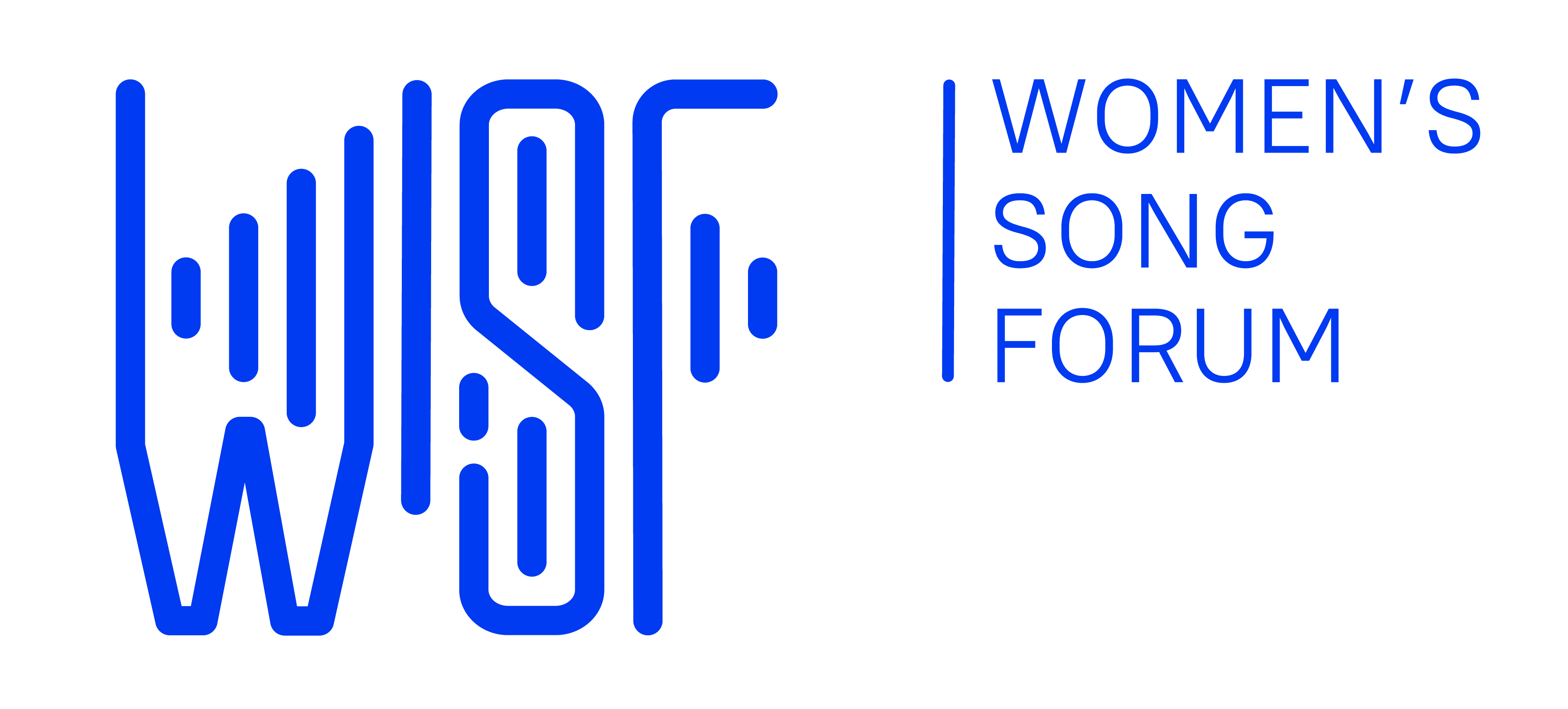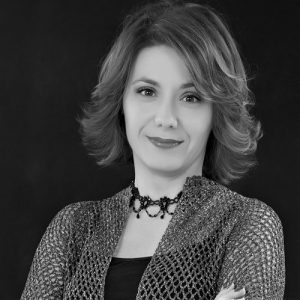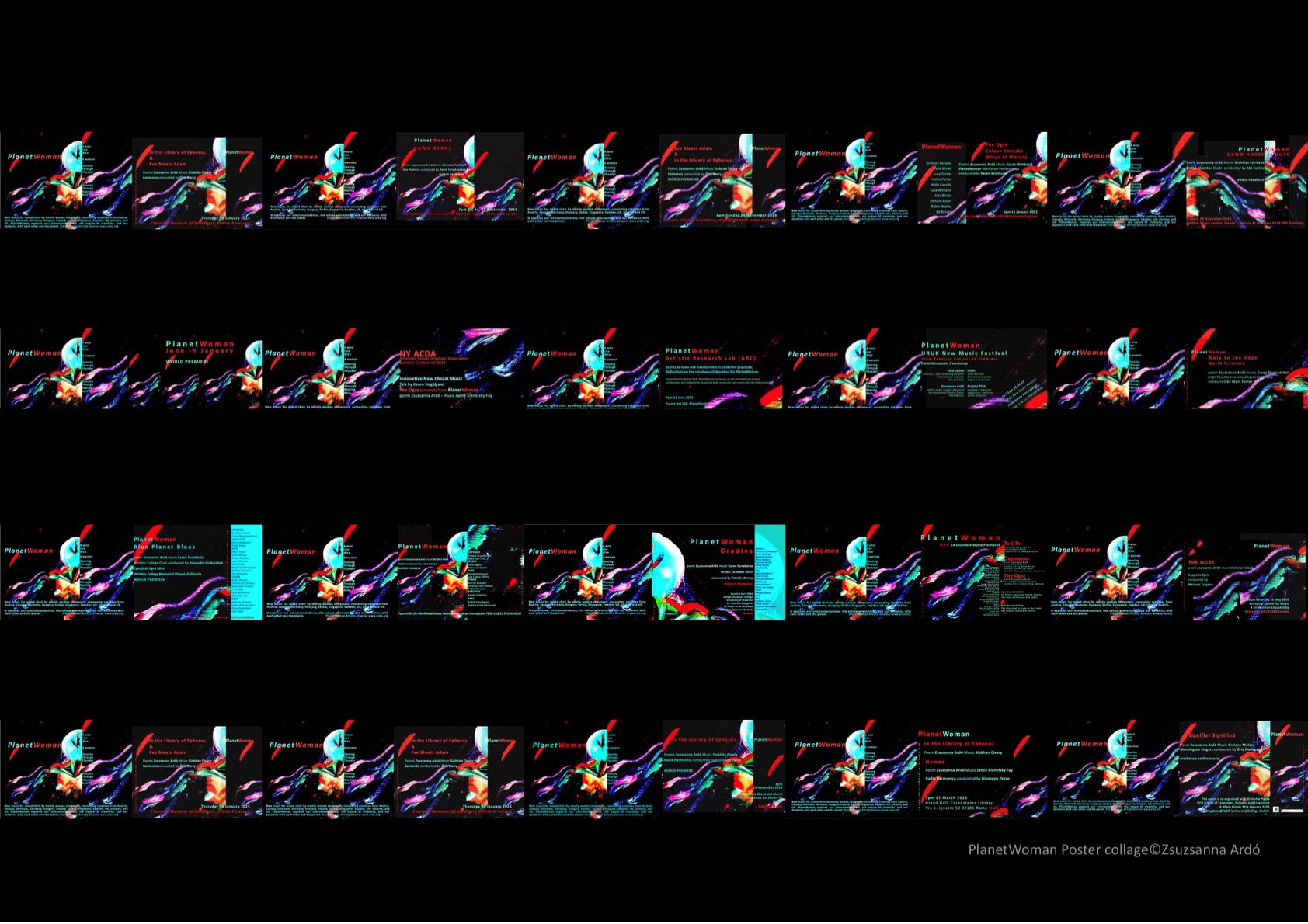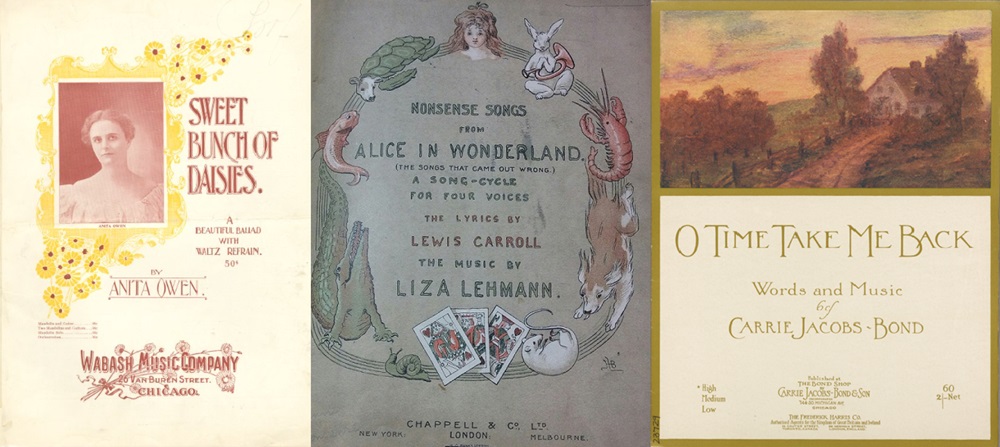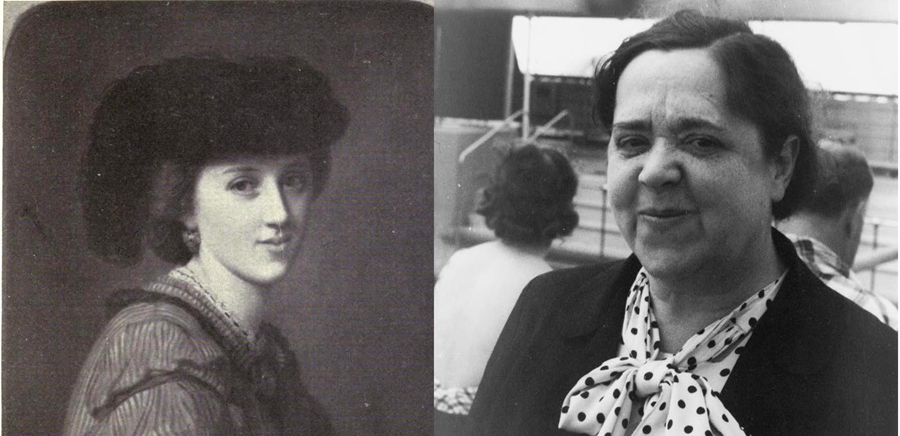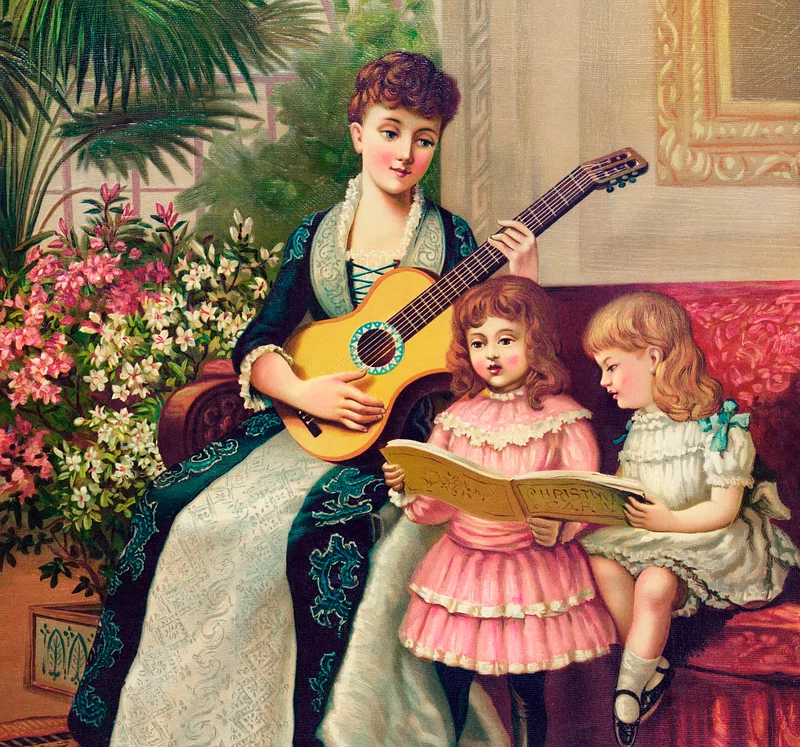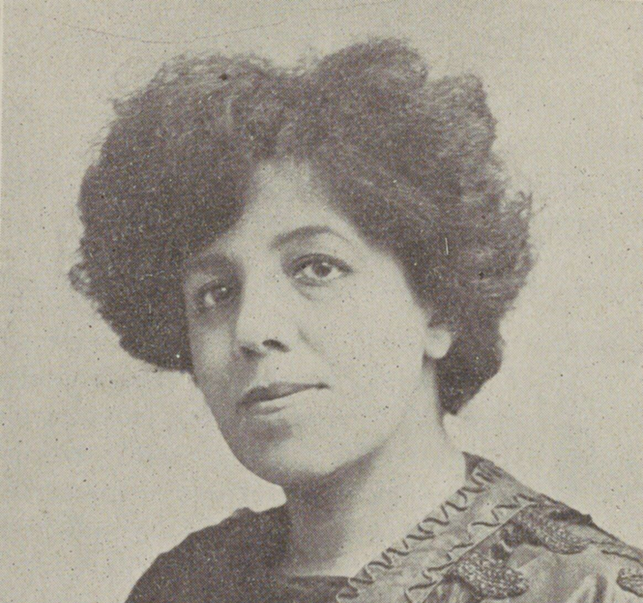Two years ago, I spoke to Zsuzsanna Ardó, a visual artist and writer, about her long-standing work on climate change that ignited the project PlanetWoman. Her effort was initially inspired by the multidisciplinary work of one of the very first woman composers, Hildegard of Bingen, who proclaimed “All nature is at the disposal of humankind. We are to work with it. For without we cannot survive.”
Curated initially as a series of artworks, exhibitions and art installations, PlanetWoman’s musical extension started in 2023 with plans for two UK concerts of choral works set to Zsuzsanna’s poetry. Since then, it has developed into an international choral project, connecting composers and choirs across the globe. This past year a number of works premiered in the US, Canada, Sweden, Denmark, Scotland, Ireland and Italy, with many more performances scheduled for 2025.
PlanetWoman continues to explore our relationship with the planet that sustains us. Emphasizing continuity across time, it addresses the many interconnections between us and nature, including dark counterpoints of these dynamics: recent and present wars, and climate change. The issues of identity and admiration for the power of woman and the need to celebrate it remain the project’s overarching threads.
I wanted to hear from Zsuzsanna and her creative collaborators about the project’s expansion: how it impacted their creative processes, their evolving collaborations, the project’s main ideas and their interpretations. I convey below some of their thoughts and share their amazing music.
Spinaria
Fittingly, the blog’s opening image is that of Spinaria, an exhibition curated by Zsuzsanna Ardó, Sasha Smith and Jo Day in the Classical Museum of University College Dublin. Zsuzsanna’s art was inspired by Spinario, the iconic Hellenistic, Greek-Roman nude statue of a young boy trying to work out how to pull a thorn out of the sole of his foot. While this image has been recreated as a young boy of classical beauty in many different versions, by many different artists in different places and times, Zsuzsanna’s recreation is the first female one.
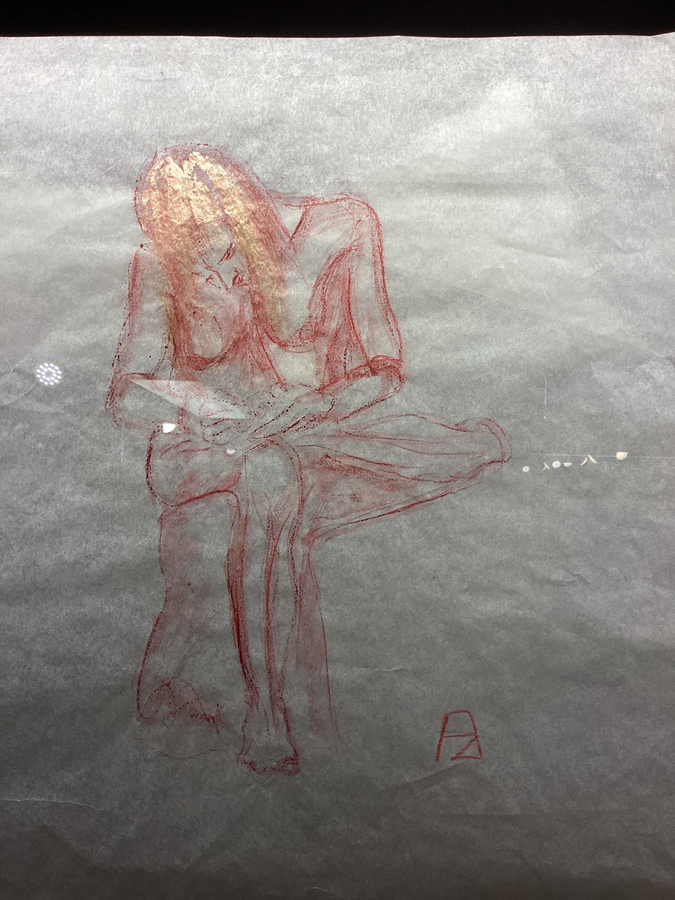
Spinaria is a mature, contemporary woman. The themes embodied in the Spinaria series, as Zsuzsanna describes them, introduce us to the world of PlanetWoman: this is a “mature woman (not a girl) in the act of thinking/problem solving, the centrality of the capacity to be able/free to move around and perform in the public (and therefore political/performative) space.”
Complementing its Hellenistic connection, Spinaria included the performances of two works that the composer Siobhán Cleary set to Zsuzsanna’s poetry: In the Library of Ephesus and Eve meets Adam. Cathal Póirtéir explains:
“Audiences were treated to new poetry by Zsuzsanna Ardó in Spinaria, with a specially composed musical setting by Siobhán Cleary and sung beautifully by the Cantando choir, directed by Órla Barry. Ardó’s intaglia prints of Spinaria blended well with the museum’s classical artefacts, again emphasizing the relationships between classical thought and the challenges of today’s world.”
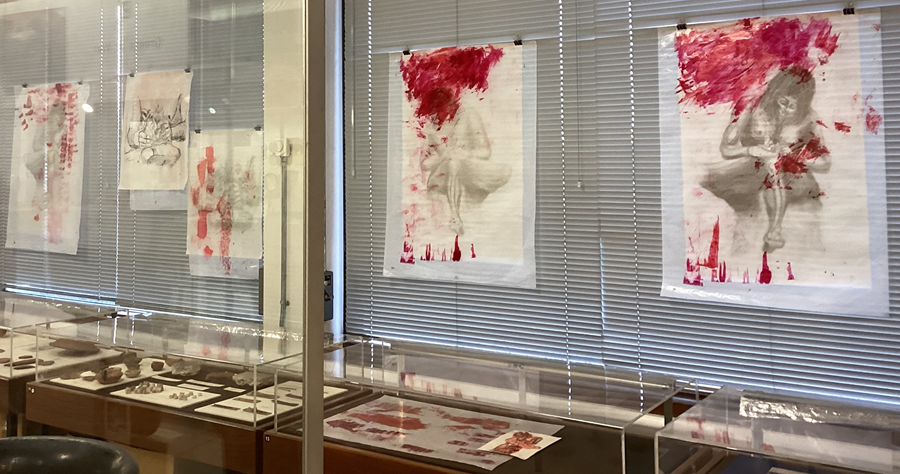
In the Library of Ephesus is a reflection on the timeless wisdom of the Seikilos epitaph, the oldest surviving complete musical composition. It reminds us of life’s brevity, calling to embrace the fullness of life, even in the presence of grief. In Eve Meets Adam, Cleary probes the issues of identity. She gives a vivid portrayal of Eve’s perspective as she encounters Adam for the very first time:
“I was drawn to the way the poem captures a moment of recognition—of self, of other, of the world coming into focus. The imagery felt elemental, and I wanted the music to reflect that, keeping the setting clear and direct, allowing space for breath and silence.”
While Cleary’s setting of Eve Meets Adam has already been performed several times in Dublin, Gabriele Petouchoff’s interpretation is underway in Italy/Holland, further exploring the primal nature of the encounter between the masculine and feminine, self-discovery and the revelation of the self through the encounter with the other. Another of Zsuzsanna’s poems, June in January, inspired Randi Pontoppidan’s setting for voice and electronics, premiered in Copenhagen in October 2024, with her choral setting coming later this year.
Nicholas Fairbank’s setting of Dawn Bends emphasizes once again the continuity across time and invoking dawn, both in the sense of the beginning of a day, and the beginning of an era.
Echoing her thoughts from 2023, composer Gwen McLeod Hall spoke to me about the spirit of collaboration, “the holy connection between human beings”, which drove her interest in participating in PlanetWoman. Her work Walk to the Edge of Me, further addresses the project’s questions of self, trying to answer the question posed earlier: what is the “edge of me?”. Here you can watch Gwen McLeod Hall’s setting Walk to the Edge of Me, performed in 2024 by Marc Foster and the Chamber Singers of High Point University in North Carolina. The performance begins at 4’00”.
Highlighting the collaborations and connections that the project PlanetWoman is making not just across time and space, but across genres and media, is the piece set to Zsuzsanna’s poem PlanetWoman. The score was created through a collaboration between composer Birgitta Flick, the vocal ensemble VoNo and artistic director Lone Larsen in conversation with Zsuzsanna. The film to the piece PlanetWoman by Josef Sjöblom, Lone Larsen and VoNo was made with support from The Swedish Arts Council, and the work has been nominated for the Deutscher Jazz Preis.
Continuing a question of identity is Oxymoron, composed by Emma Daniels, a piece full of irony, focusing on multiple clashing points of view about who women are or who they should be.
Gráinne Mulvey probes further into complexities of the human being in her setting of Zsuzsanna’s poem Signifier Signified, positing the relationship between the signifier (a symbol, existing on the “plane of expression”) and the signified (the concept to which the symbol refers, existing on the “plane of content”) as arbitrary. The second poem Mulvey chose to set for PlanetWoman: but… you know, takes us to the realm of conflict and war. War atrocities are alluded to from words said and words left unsaid, the sense of tension is always palpable.
War, Ukraine, and The Ogre
In contrast, The Ogre, which Zsuzsanna wrote on the day Russia invaded Ukraine (24 February 2022), unambiguously references war atrocities. Victoria Vita Poleva’s setting of The Ogre, about “an old cannibal who is always hungry,” is filled with sound effects including whispers, wind, howls, squeals, hissing, stamping, etc. As Poleva admits, “there are political motives here.” Melanie Turgeon is Artistic Director of Kappella Kyrie Slavic Chamber Choir who will perform The Ogre in Edmonton, Alberta, this coming May. She comments:
“It is difficult to watch the war in Ukraine from afar. Unquestionably, there is a conscious effort to wipe out Ukrainian identity and culture. As a scholar and performer of Ukrainian descent, I strive to ensure Ukrainian classical music obtains its rightful and proper placement on the world stage. The Ogre must be performed for political reasons. Moreover, it brilliantly showcases the creativity of women in the arts.”
Appropriately, Poleva’s composition will be premiered in Kyiv’s St Sophia Cathedral by Chamber Choir Kyiv, conducted by Mykola Gobdych, one week before its North American premiere.
The Ogre has also already been set to music by three composers from different parts of the world. In New York, composed by Jamie Klenetsky Fay, it was premiered by the C4 Ensemble last spring.
Another of Jamie Klenetsky Fay’s works about war and historical memory, set to Argo’s “Named,” had a premiere in Rome by Radix Harmonica. Conducted by Giuseppe Peace, this was the second time the choir premiered a PlanetWoman work.
In the UK Karen Wimhurst set The Ogre as part of a triptych with Zsuzsanna’s poems Colour Cantata and Wings of History. Colour Cantata juxtaposes the eye of a painter using beautiful colors to paint a loved one, alongside the Nazi color coding of categories of outlawed people in concentration camps (far beyond the ‘yellow star’ marking); and Wings of History articulates an internal monologue of trying to escape, to find a safe space yet there being nowhere to go. Wimhurst cites the rise of fascism as central to her imagining of the work but rightly points that the poems themselves were actually written in response to different events and the work therefore has a greater resonance.
PlanetWoman continues to make new connections across time and space. If you are the conductor of a chamber choir, a concert organizer or festival producer, and would like to know further details about this relevant, innovative and inspiring project, Zsuzsanna Ardó can be reached through http://www.ardo.org/contact.
